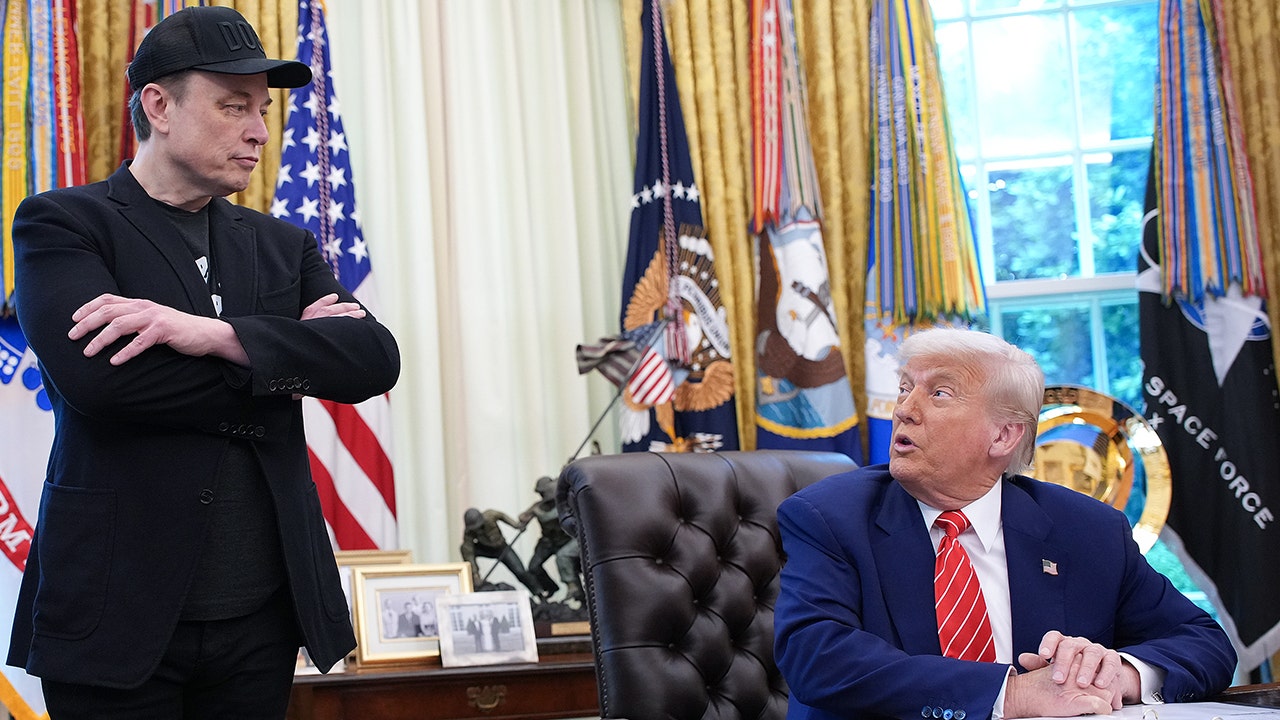Elon Musk Warns of US "Debt Slavery": Is He Right?
The controversial CEO of Tesla and SpaceX, Elon Musk, recently ignited a firestorm of debate with his comments on the crippling US national debt. His pronouncements, shared across his vast social media following, have sparked intense discussion about the nation's financial future and whether the US is heading towards a form of "debt slavery." But what does Musk's warning truly entail, and should we be concerned?
Musk's Claims and the Context
Musk, known for his outspoken opinions and unconventional approach to business, hasn't explicitly defined "debt slavery" in this context. However, his concerns likely stem from the rapidly growing national debt, currently exceeding $31 trillion. This figure represents the total amount the US government owes to both domestic and foreign creditors. The increasing debt necessitates higher interest payments, potentially diverting funds from crucial social programs and infrastructure investments.
Several factors contribute to this escalating debt:
- Government Spending: Increased spending on social security, Medicare, and defense contributes significantly to the deficit.
- Tax Cuts: Reductions in tax revenue, particularly during periods of economic expansion, leave a larger gap to be filled.
- Economic Recessions: Economic downturns reduce tax revenue and increase government spending on social safety nets, further exacerbating the debt.
Musk's concerns aren't entirely unfounded. Economists have been raising alarms about the potential long-term consequences of unchecked debt accumulation. These consequences could include:
- Increased Interest Rates: Higher interest payments can crowd out other government spending and stifle economic growth.
- Inflation: To finance the debt, the government might resort to printing more money, leading to inflation and erosion of purchasing power.
- Loss of Economic Competitiveness: High national debt can hurt a nation's credit rating, making it more expensive to borrow money, hindering investment and economic growth.
Counterarguments and Nuances
While Musk's concerns are valid, it's crucial to avoid sensationalism. The US economy is complex, and the concept of "debt slavery" needs careful consideration. Many economists argue that:
- Debt is not inherently bad: Governments often borrow money to fund productive investments that generate future economic growth.
- The US dollar's reserve currency status provides advantages: The US can finance its debt more easily than many other countries.
- Debt levels need to be assessed relative to the size of the economy: While the absolute number is high, the debt-to-GDP ratio provides a more nuanced perspective.
What's Next?
Musk's warning serves as a wake-up call, urging a more serious conversation about fiscal responsibility and long-term economic planning. The debate is far from over, and policymakers need to consider various strategies to address the growing national debt. These strategies could include:
- Fiscal Consolidation: A combination of spending cuts and tax increases to reduce the deficit.
- Economic Growth Strategies: Policies aimed at boosting economic growth, thereby increasing tax revenues.
- Debt Restructuring: Negotiating with creditors to reduce the burden of repayment.
Ultimately, the future of the US economy will depend on how effectively policymakers address these complex challenges. While the notion of "debt slavery" might be hyperbolic, the underlying concerns about the nation's fiscal health are undeniably real and require urgent attention.
Keywords: Elon Musk, US National Debt, Debt Slavery, Fiscal Responsibility, Economic Crisis, Inflation, Interest Rates, Government Spending, Economic Growth, Debt-to-GDP Ratio, US Economy, Financial News
Related Articles: (This section would include links to relevant articles from reputable news sources and financial websites)
Call to Action: What are your thoughts on Elon Musk's warning? Share your opinions in the comments below!

